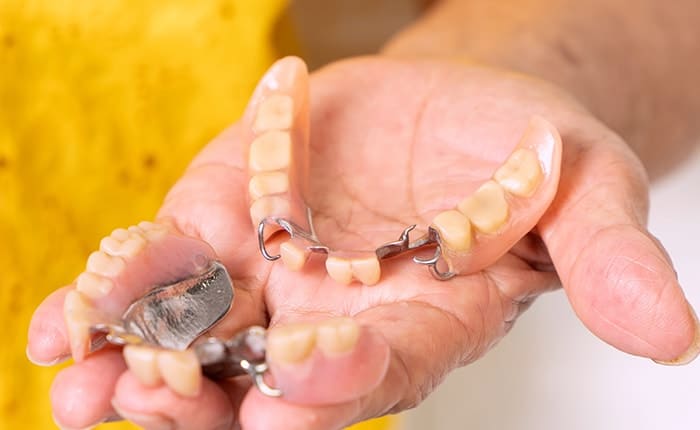
What causes a dental implant failure, Twyford??
Dental implants are made up of three parts: A titanium rod which is inserted into the jawbone and forms the new replacement tooth root. An attachment is fixed on to this rod and the final part is the crown which is visible in your gums. Problems can occur when one part or all 3 parts of the dental implant become loose or broken.
Dental implants are made of metal but function through a process called osseointegration. This is where your body produces living cells that grow around the dental implant fusing it to your jawbone. Dental implants will fail if osseointegration doesn’t happen.
Factors that affect the failure of a dental implant
There are several factors which can affect the success of dental implant surgery and whether a dental implant will fail:
Smoking
Smoking undoubtedly affects the success rate of dental implants. It slows down the healing process and restricts blood to the gums. If you are a smoker your chance of dental implant failure rises by up to 20%. Your dental implant surgeon will talk to you about the risks in smoking and encourage you to give up before having dental implant surgery.
Gum disease
You need healthy gums for dental implants to be a success. Gum disease can damage the gums and jawbone which lead to a greater chance of dental implant failure. Get gum disease treated before having dental implants.
Jawbone
Dental implant surgery requires sufficient bone in the jaw to able to support the implant. If there is not enough healthy bone, the dental implant is likely to fail. Severe gum disease can have an impact on your jawbone. Osteoporosis, where bones become weaker, can make it difficult for the dental implant to attach to the bone.
Medical conditions
Certain medical conditions like diabetes and rheumatoid arthritis as well as some medication treatment for cancer can affect how the body heals. Slow healing can prevent osseointegration from occurring which affects whether the dental implant is a success or failure. It is important to tell your dental implant expert about any medical conditions and any medicine that you are taking.
Oral Hygiene
Good oral hygiene affects the success rate of your dental implant. It is essential to look after your teeth, gums and dental implant after the surgery with regular brushing. Neglecting your oral hygiene will increase your chances of having a failed dental implant.
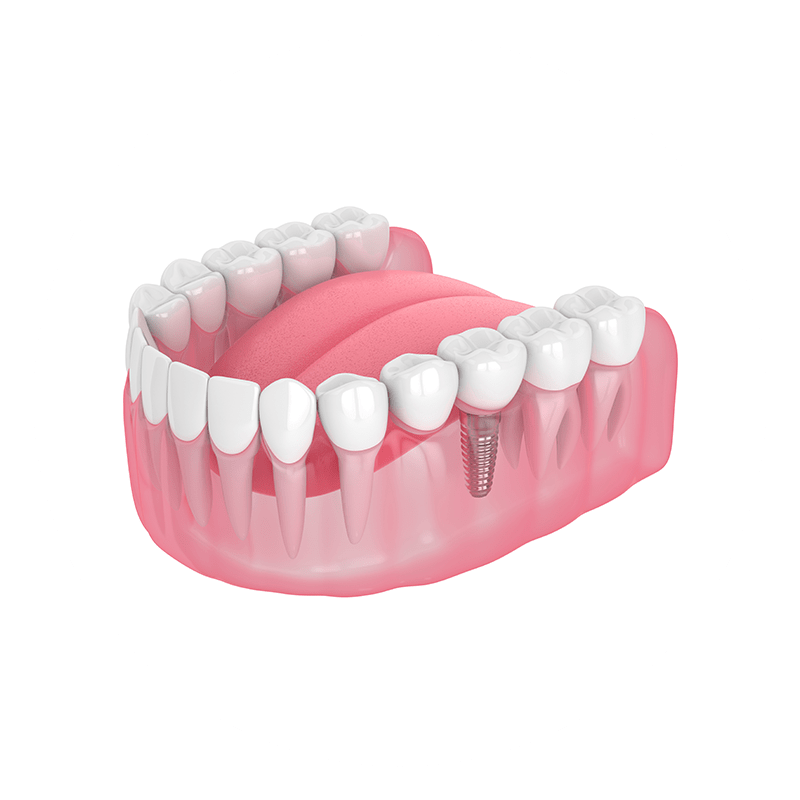
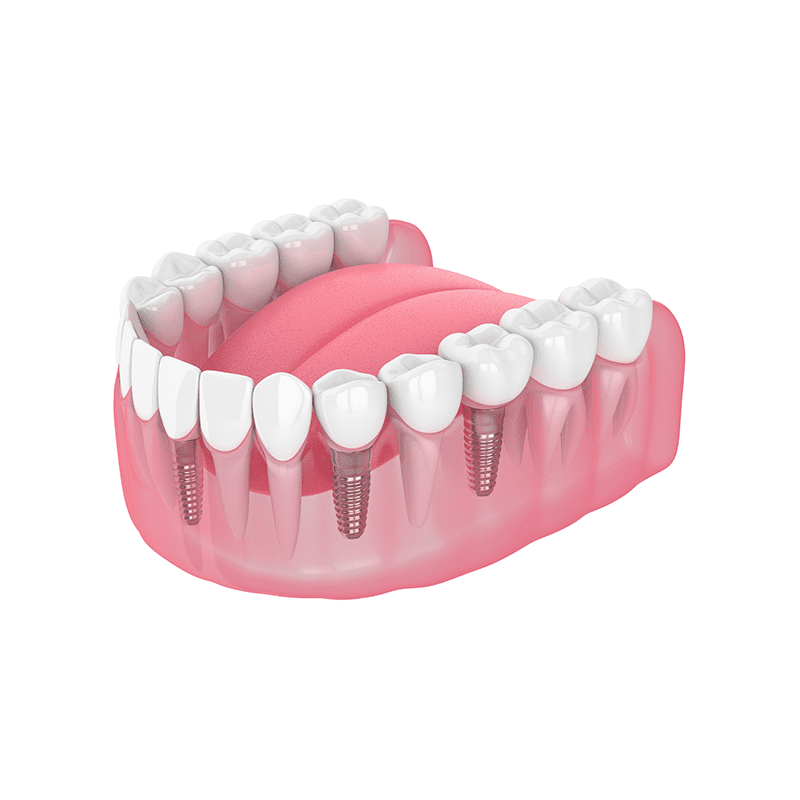
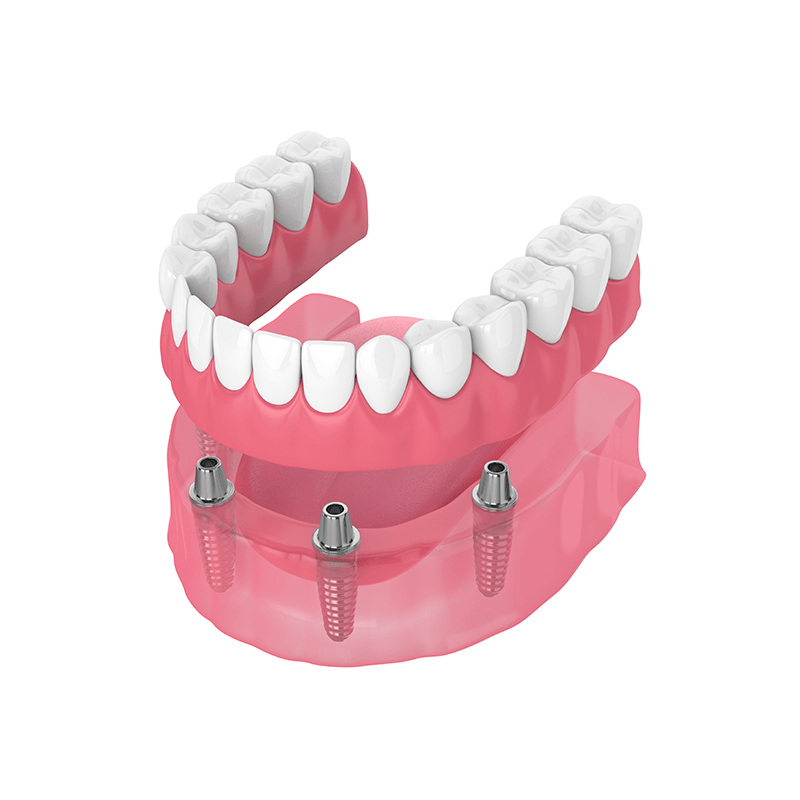
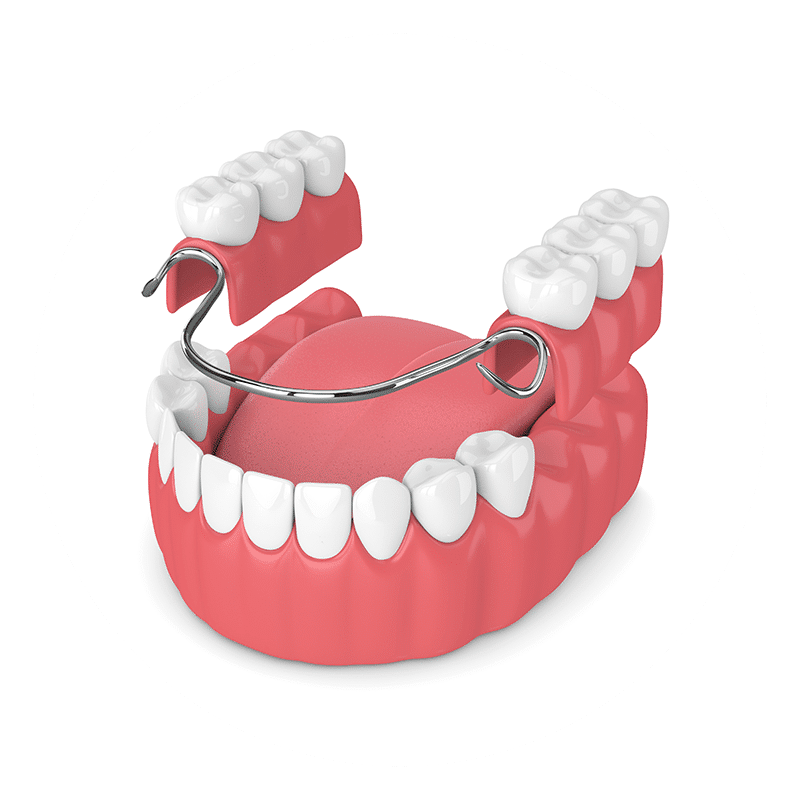
Signs of dental implant failure in Twyford
Possible signs of a dental implant failure include:
- Pain or discomfort in the area of your dental implant
- Inflammation of the gum
- Recession of the gum
- Swelling of the gum
- Difficulty with chewing
- If the implant or crown feels loose
Contact us at Dental Implant Centre in Twyford if you have any of the above symptoms or are worried about a failed dental implant.
Reduce your chances of dental implant failure
Whilst dental implants have a high success rate, they can fail for several reasons.
It is important at your initial consultation that you discuss any medical conditions and drugs that you are taking as this can affect the success rate of your dental implant.
Prevention is better than cure, so it also best to treat any issues relating to your gums or bones prior to dental implant surgery. Giving up smoking and maintaining a good oral hygiene will help to boost your chances of dental implant success.
Book A Consultation
Discover the right treatment for you.
Regain your smile & confidence.
Dental Implants Treatment Options

Dental Implant center Birmingham
Are you looking to replace all your teeth with Failed implants placed abroad? For patients who live in Birmingham.
If you’re in need of an implant dentist in Birmingham, call our team to arrange an appointment with the Birmingham Dental Implant team.
Dental implant center Glasgow
If you’re in need of an implant dentist in Glasgow, call our team to arrange an appointment with the Glasgow Dental Implant team.